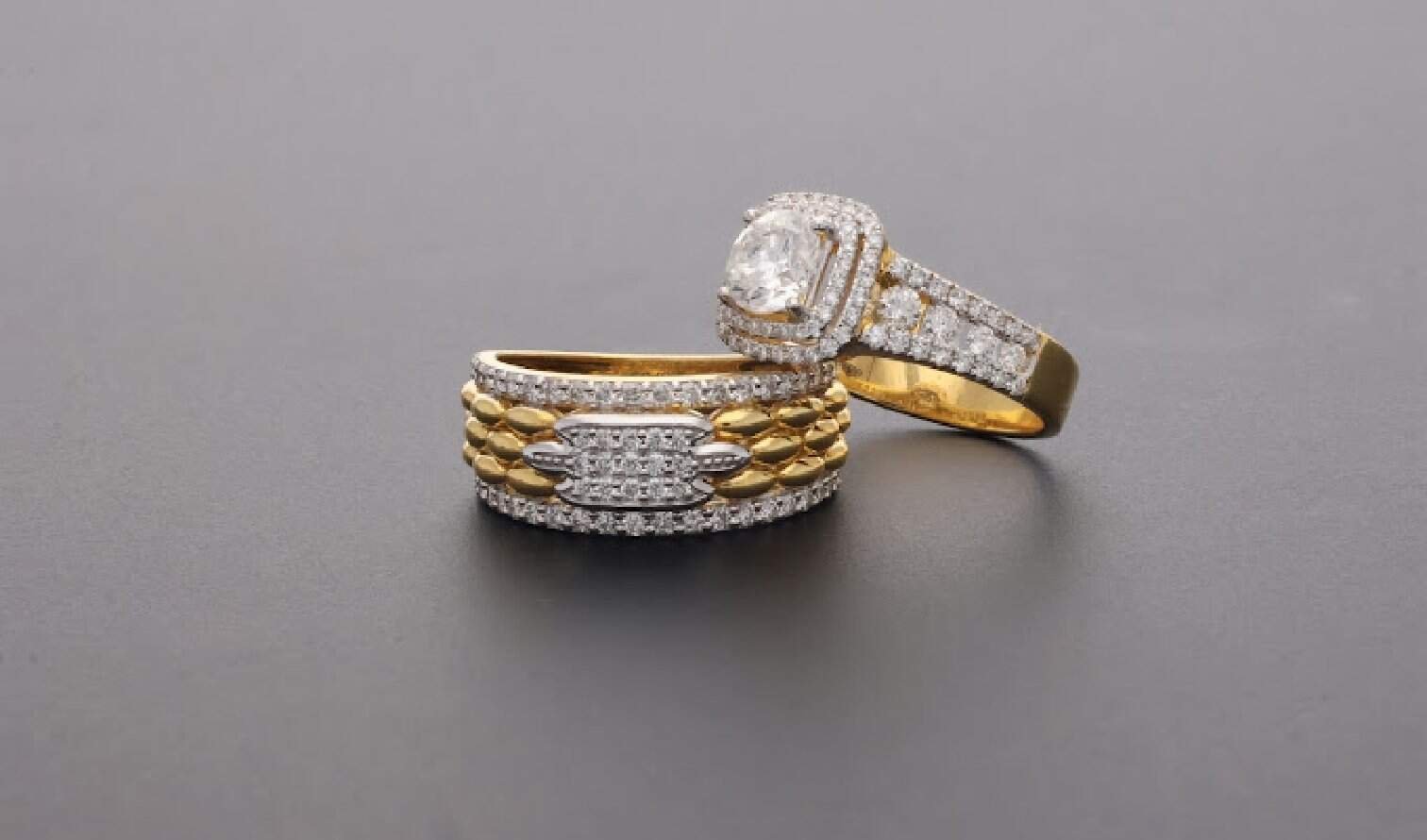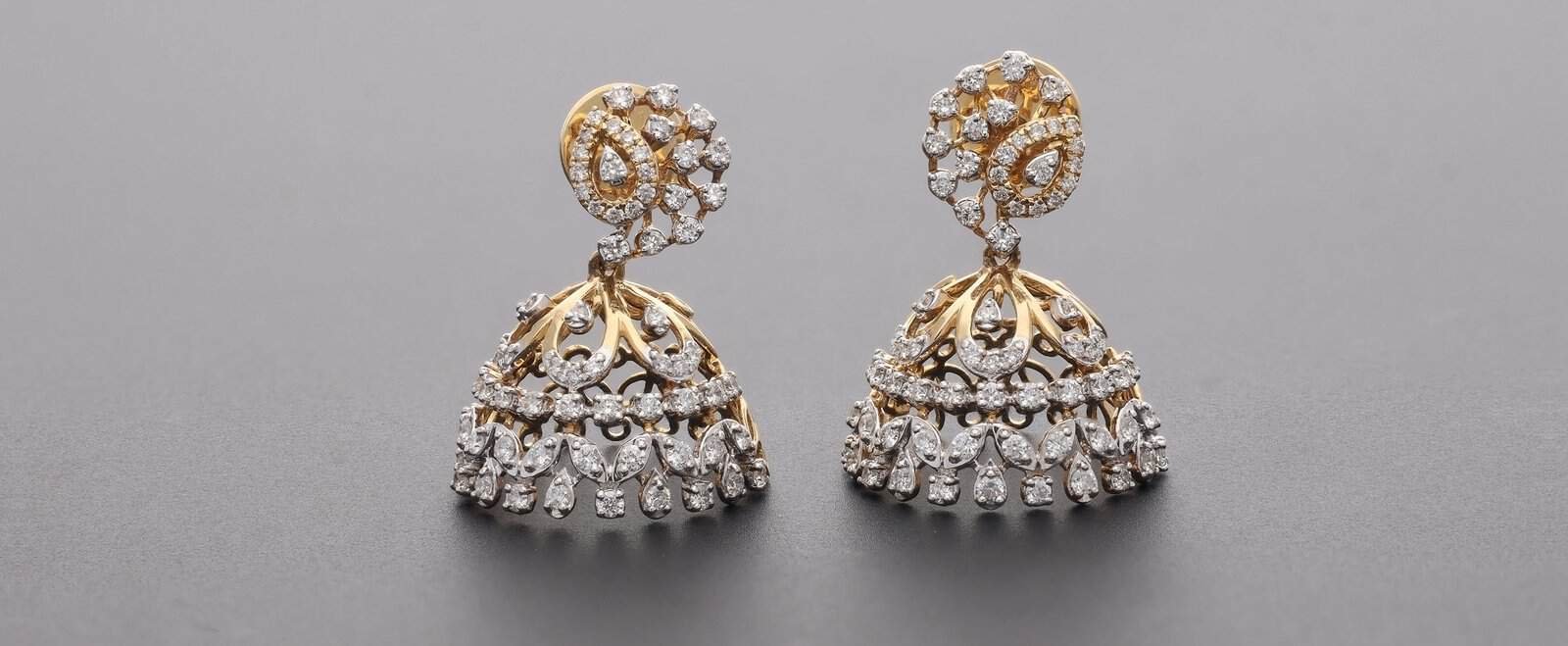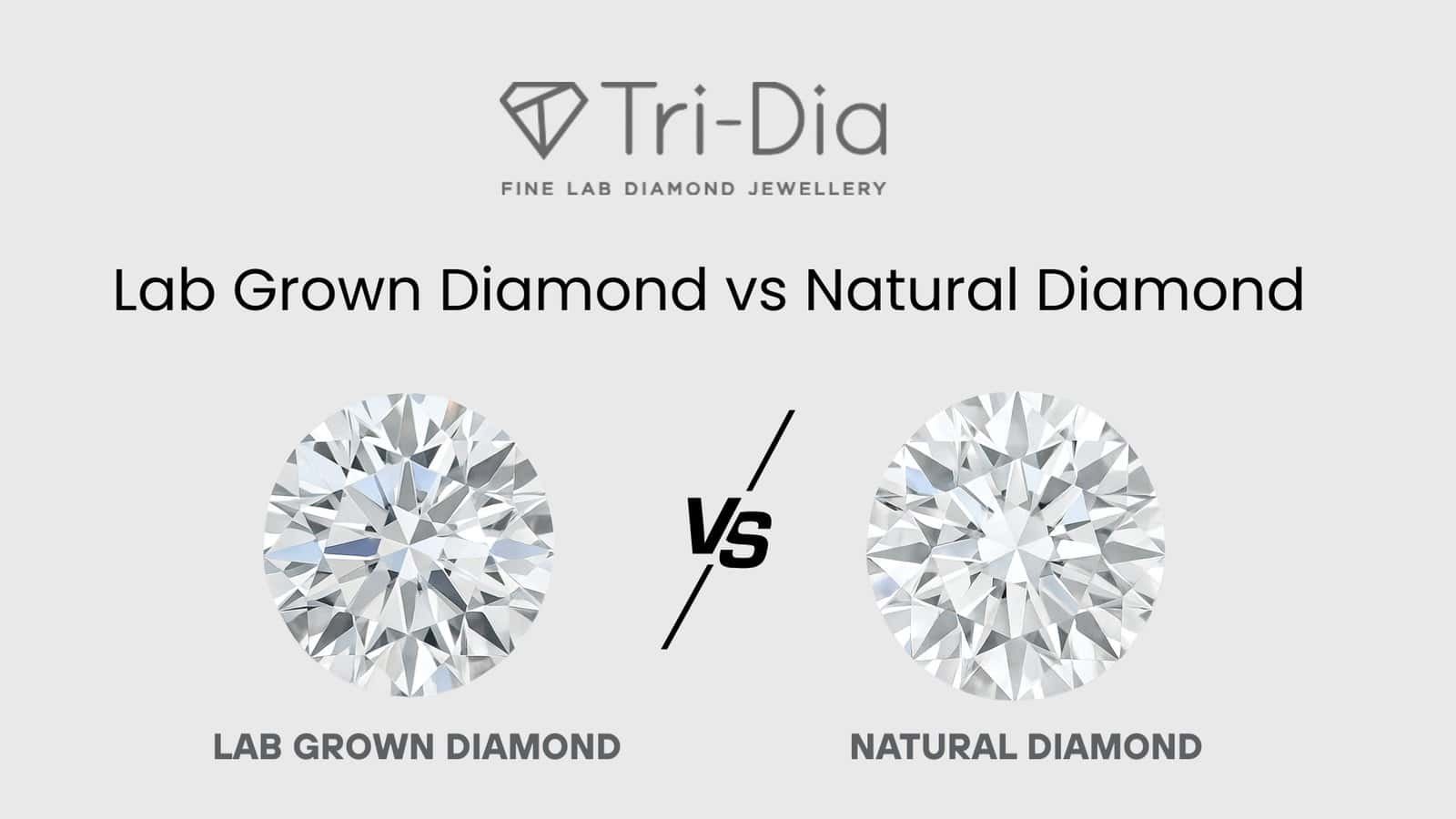Lab grown diamonds have gained popularity as an ethical and budget-friendly alternative to mined stones. Certified lab grown diamonds come with grading reports that confirm their quality. However, certification standards vary.
GIA (Gemological Institute of America) and IGI (International Gemological Institute) are the two most recognized organizations grading these diamonds. Each follows its own methods. It’s important to understand their differences before making a purchase. Let’s learn more about lab grown diamond certification.
What are Lab Grown Diamonds?
These diamonds are chemically, physically, and optically identical to natural diamonds, with the only difference being their origin. Lab grown diamonds are created using advanced technological processes, either High Pressure High Temperature (HPHT) or Chemical Vapor Deposition (CVD). These mimic the natural conditions under which diamonds are formed deep within the Earth.
These diamonds have gained popularity due to their ethical sourcing, lower environmental impact, and lower price points compared to their mined counterparts. As a result, more and more consumers are opting for lab grown diamonds for their engagement rings, wedding bands, and other fine jewelry.
The Importance of Diamond Certification
Diamond certification provides a standardized assessment of a diamond’s quality and guarantees that it meets specific industry standards. A certified diamond has been examined by professional gemologists who evaluate the diamond’s 4Cs: Cut, Color, Clarity, and Carat weight.
For lab grown diamonds, certification becomes even more important due to the growth of the market and the increase in consumer interest. Certification from reputable grading organizations assures buyers that they are purchasing a legitimate product – one that is properly evaluated for its quality and characteristics.
GIA: The Gold Standard in Diamond Certification
The Gemological Institute of America (GIA) is arguably the most well-known and respected diamond grading organization in the world. Founded in 1931, the GIA is recognized globally for its rigorous and unbiased grading system.
It’s a trusted name in the jewelry industry. The GIA offers diamond grading for both natural and lab grown diamonds, and its reports are widely regarded as the gold standard for diamond certification.
GIA’s Lab Grown Diamond Certification Process
When you receive a GIA certificate for a lab grown diamond, you can trust that it has been meticulously analyzed by highly trained gemologists. The certification process at GIA is both comprehensive and transparent. For lab grown diamonds, GIA brings a detailed grading report that includes the diamond’s 4Cs, along with additional information about its origin.
GIA uses advanced technology, including proprietary tools and equipment, to evaluate the diamond’s quality. The grading report includes the following details:
- Cut: This refers to how well the diamond has been shaped and faceted, impacting its brilliance.
- Color: The GIA assigns a color grade to diamonds based on the absence of color, from D (colorless) to Z (light yellow or brown).
- Clarity: This grade evaluates the number and type of internal or external imperfections, known as inclusions and blemishes.
- Carat weight: The size or weight of the diamond, which directly affects its price.
The GIA also includes the diamond’s measurements, shape, and a unique identification number to make sure it can be traced and verified.
Reasons to Go for GIA Certification
- Reputation and Trust: GIA is synonymous with accuracy and transparency in the diamond industry. For many buyers, purchasing GIA-certified diamonds guarantees that they are getting a diamond with the highest quality grading standards.
- Comprehensive Reports: GIA’s grading reports for lab grown diamonds are thorough and provide a complete picture of the diamond’s characteristics. This allows you to make an informed purchasing decision.
- Global Recognition: GIA is widely recognized and respected across the globe. A GIA certificate is seen as a mark of quality and integrity.
- Independent Grading: GIA is an independent, non-profit organization whose grading is unbiased and not influenced by business relationships or other factors.
IGI: Reliable Certification for Lab Grown Diamonds
The International Gemological Institute (IGI) is another prominent certification body that offers grading for both natural and lab grown diamonds. Established in 1975, IGI has a solid reputation for delivering diamond certification services and has gained recognition as one of the leading gemological institutes worldwide.
While IGI is respected within the industry, it’s generally considered to be more flexible in its grading approach compared to GIA. Many jewelers offer IGI-certified lab grown diamonds. It’s often seen as a more affordable option for consumers who want reliable grading at a lower price point.
IGI’s Lab Grown Diamond Certification Process
Similar to GIA, IGI offers a comprehensive grading report for lab grown diamonds that includes detailed information about the diamond’s cut, color, clarity, and carat weight. IGI also includes the diamond’s shape, measurements, and a unique identification number for traceability.
While IGI follows similar grading standards to GIA, some differences arise in how the organizations apply certain criteria. For example, IGI has been criticized for being more lenient in its grading of diamonds, particularly when it comes to clarity and color. However, IGI still provides a solid and reliable grading system for those looking for a certified lab grown diamond.
Reasons to Go for IGI Certification
- Affordability: IGI’s certification services tend to be more affordable than GIA’s. This makes it a popular choice for consumers looking for value without compromising on quality.
- Clear Reporting: IGI offers clear and detailed grading reports that include all the essential information about the diamond’s characteristics. This helps buyers make an informed choice.
- Global Reach: IGI has a global presence, with laboratories in key cities worldwide. Its certification is recognized in many parts of the world. It’s a reputable choice for international buyers.
- Flexibility: IGI’s approach to grading is generally considered to be more lenient than GIA’s, which may be beneficial for those looking for a more lenient interpretation of a diamond’s quality.



consciouscarat
December 16, 2025Keep up the great work, this is really valuable for me.
Thank you fro sharing this blog to us.
https://www.consciouscarat.in/collections/earrings